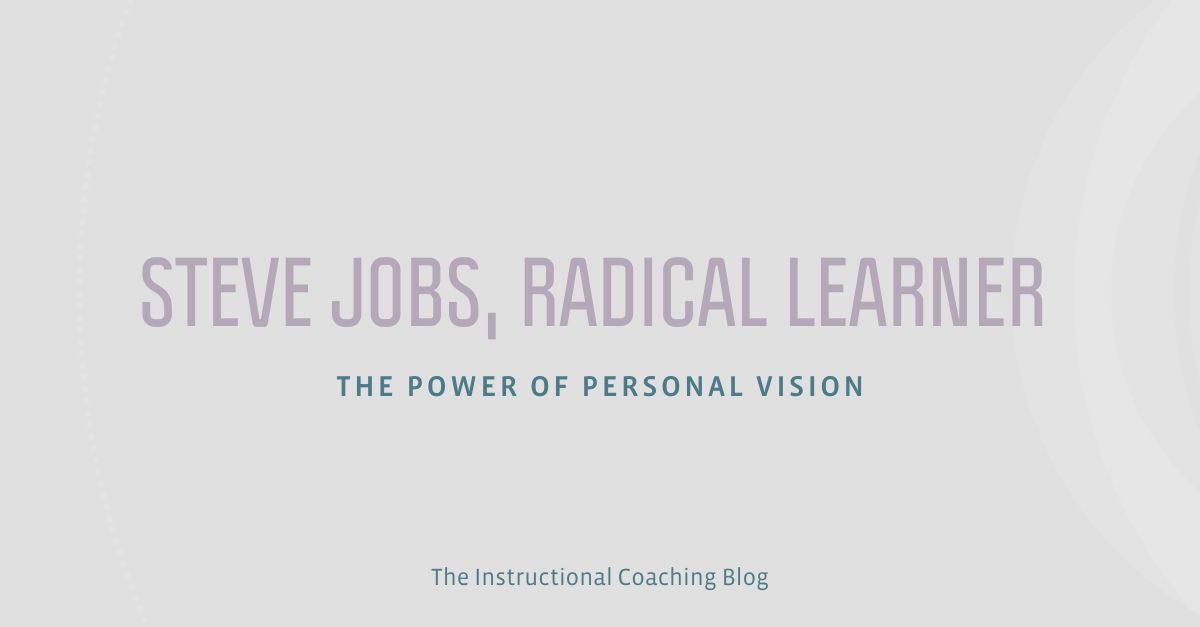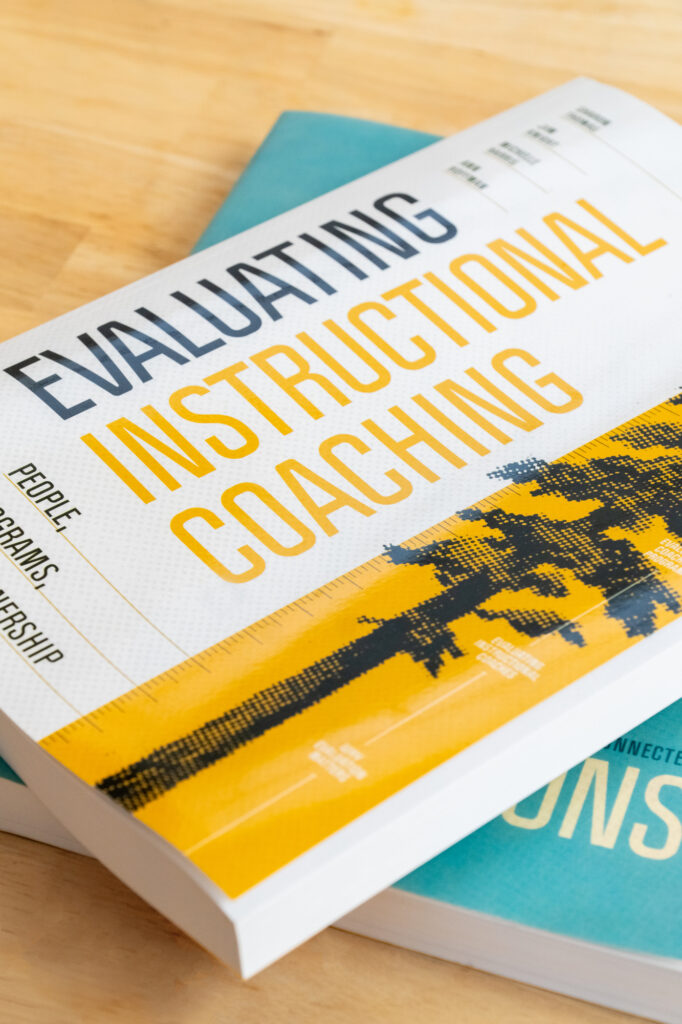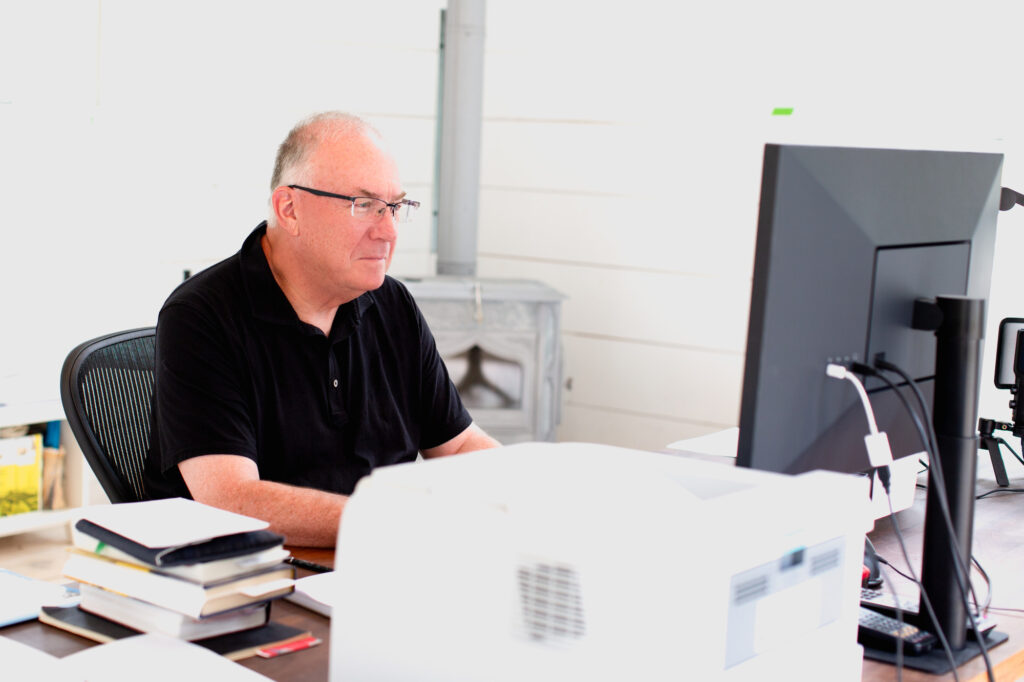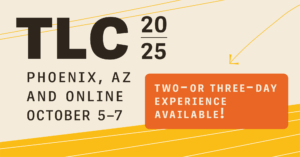Steve has an incredible ability to rally people towards some common cause by painting an incredibly glorious cosmic objective. One of his favorite statements is “Let’s make a dent in the universe. We’ll make it so important that it will make a dent in the universe.” Trip Hawkins, Former Apple V.P. Strategy & Marketing
According to Carmine Gallo, author of the Innovation Secrets of Steve Jobs, Steve had such a dramatic impact on your life and mine because he passionately held and communicated an incredibly compelling vision. Gallo writes: “Nobody would have joined Jobs without being inspired by his vision.” Sharon Aby, who worked at Apple from 1983 to 1996, told Gallo, “Our vision was to change the world by putting computers into the hands of everyday people… We felt like David fighting Goliath.” And Trip Hawkins—quoted above—echoes Aby:
Steve has a power of vision that is almost frightening. When Steve believes in something, the power of that vision can literally sweep aside any objections or problems. They just cease to exist.
Michael Fullan recognized this in 1993 in Change Forces, when he wrote:
Personal vision and purpose are the starting agenda. It comes from within, it gives meaning to work, and it exists independent of the organization or group… Personal purpose in teaching should be pushed and pushed until it makes a connection to social betterment in society.
Meaningful personal vision involves at least two things: (a) a clear understanding of how our actions can make the world a better place, and (b) a deep, fierce commitment to that understanding.
A powerful personal vision like Jobs’, gives us the energy to do the important but difficult knowledge work of teaching by connecting what we do to something highly energizing: making a difference. Vision gives focus to our actions by providing a clear destination. And vision guides our decisions by providing an ethical foundation for what we do. In Change Forces, Michael offers seven questions as a starting point for vision:
1. Do I have a personal vision?
2. What are the essential elements of my personal vision?
3. What can I do to make my vision coherent and legitimate?
4. What kind of school would I like my children to attend?
5. What kind of school would I like to teach in?
6. What would happen if I made my personal vision public?
7. How does my vision compare with my current school and my personal teaching practices?
By answering these questions, and others of our choosing, we can find our vision and act to make that vision become real.
Teaching is the perfect profession for “making a dent in the universe.” Every day, every student presents that opportunity. Personal vision is one way to increase the chances that we might do that.





























